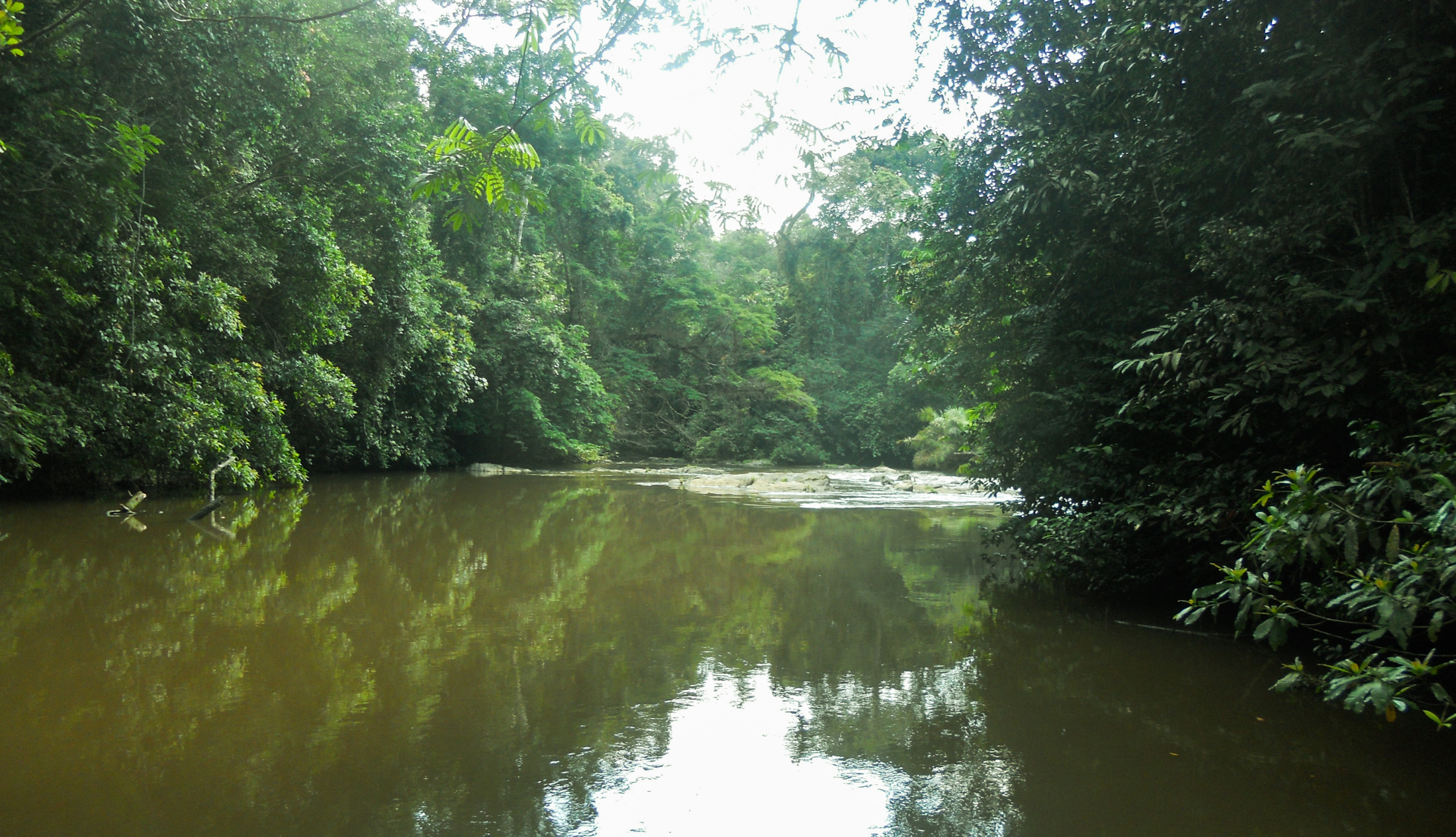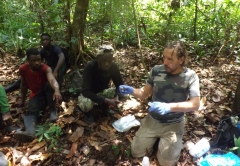
Our Project

In 2017, the Government of Liberia endorsed the Liberia National Elephant Action Plan (NEAP), a 10-year strategy to ensure the survival and long-term conservation of elephants in Liberia and the wider region. However, the implementation of the NEAP is hampered, mainly due to the lack of funding but also the lack of technical in-country expertise. The German NGO ELRECO is especially committed to support the Government of Liberia in the NEAP implementation with the urgency the situation requires. The NEAP’s longterm goal is the conservation of a viable population of the Forest Elephant in Liberia and transfrontier areas. This will be achieved by several steps. First of all it is most important to assess the current status of the remaining Forest Elephant population in Liberia. Very little, if anything at all, is known about Liberia's elephants today. In particular, there lacks information on their distribution, ranges and numbers, consolidated knowledge of seasonal movements, their historical migration paths, cross-border movements, hunting pressure and ivory trade, as well as human-elephant conflicts. However, all this information is vital for effective conservation planning and management of populations. Therefore our first objective is the consolidation of these urgently needed baseline data through a nationwide elephant status survey.
In close cooperation with the Liberia Forestry Development Authority (FDA) we carry out expeditions to forest areas which likely might still hold Forest Elephants. Interviews with hunters help us to gain initial information which we subsequently aim to verify on the ground during multi-day field surveys. During these surveys we record all elephant signs like footprints, dung, feeding marks, paths, mud wallows etc., take measurements of footprints and collect dung samples for genetic analysis. Additionally we carry out awareness programs in schools and villages, and train rangers, students and local field assistants in conservation biology and field survey techniques. Building up the capacity of national conservationists is essential in the longterm for the effective and sustainable ongoing NEAP implementation.


